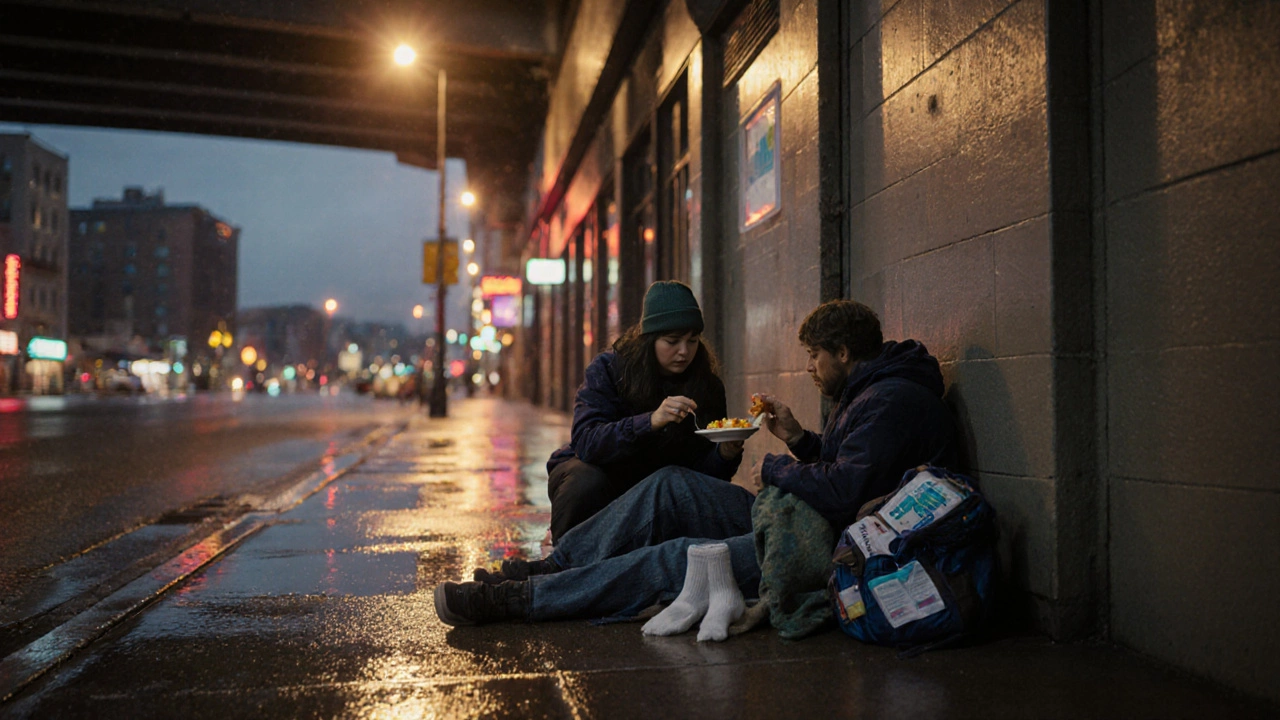Outreach Roles: What They Are and How They Drive Real Change
When you think of outreach roles, positions designed to build direct connections between organizations and the people they serve. Also known as community engagement roles, they’re not about handing out flyers or posting on social media—they’re about showing up, listening, and staying consistent. These roles exist in every kind of nonprofit, from food banks to mental health groups, and they’re the reason some programs actually work while others fade away.
Outreach roles require more than enthusiasm. They need patience, cultural awareness, and the ability to build trust slowly. A volunteer knocking on doors in a rural village doesn’t just ask for donations—they learn what families are struggling with, what help actually feels useful, and how to follow up without being pushy. That’s the difference between a one-time event and lasting change. These roles also tie closely to community outreach, the ongoing process of engaging local populations with services, information, and support, and volunteer outreach, when unpaid helpers take on the task of reaching underserved groups. Without these, even the best-funded programs stay invisible to the people who need them most.
Good outreach isn’t loud. It’s quiet. It’s showing up at the same temple fair every month. It’s learning the local dialect. It’s remembering a mother’s name after three visits. The people in these roles often work with little recognition, but they’re the ones who turn abstract goals like "reduce homelessness" or "improve child nutrition" into real, measurable progress. They’re also the ones who spot gaps—like when a school program fails because parents don’t know it exists, or when seniors stop taking medicine because no one explained how to use it.
What you’ll find in this collection are real stories and practical guides from people who’ve done this work. You’ll learn how to design outreach that doesn’t feel like a sales pitch, how to train volunteers who actually stick around, and how to measure impact without fancy reports. There’s no magic formula—just clear steps, honest mistakes, and what works when you’re working with limited time, money, and staff. These aren’t theories. These are lessons from the ground.
What Does a Person in Outreach Do? Real Roles, Daily Tasks, and Why It Matters
A person in outreach builds trust with marginalized individuals by showing up consistently, connecting them to services, and advocating for their needs - often without recognition. It's not about fixing people, but about seeing them.
Read More